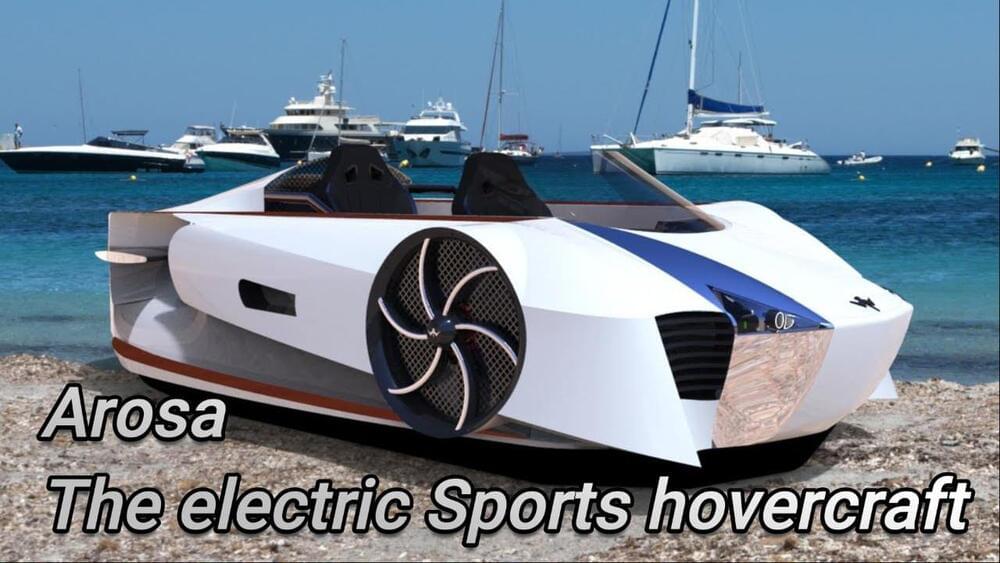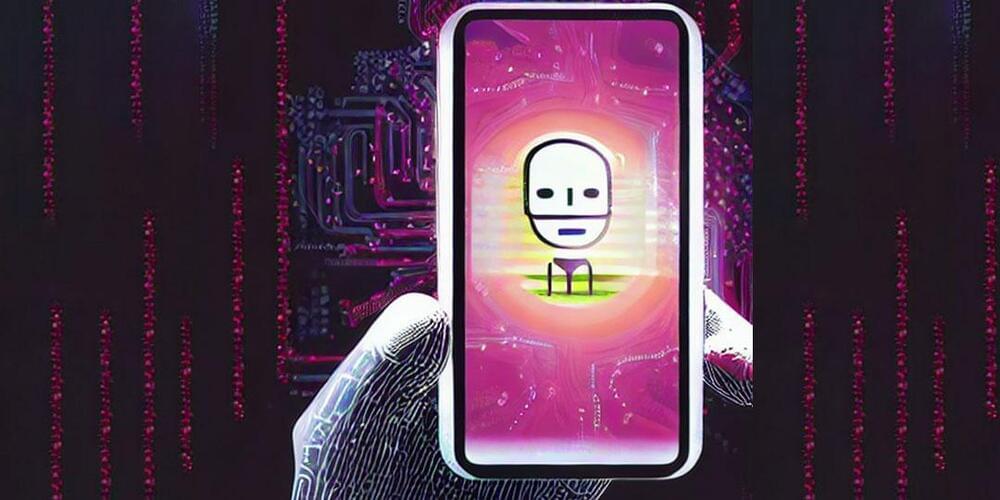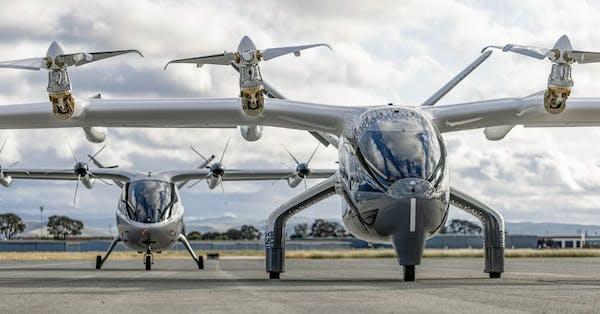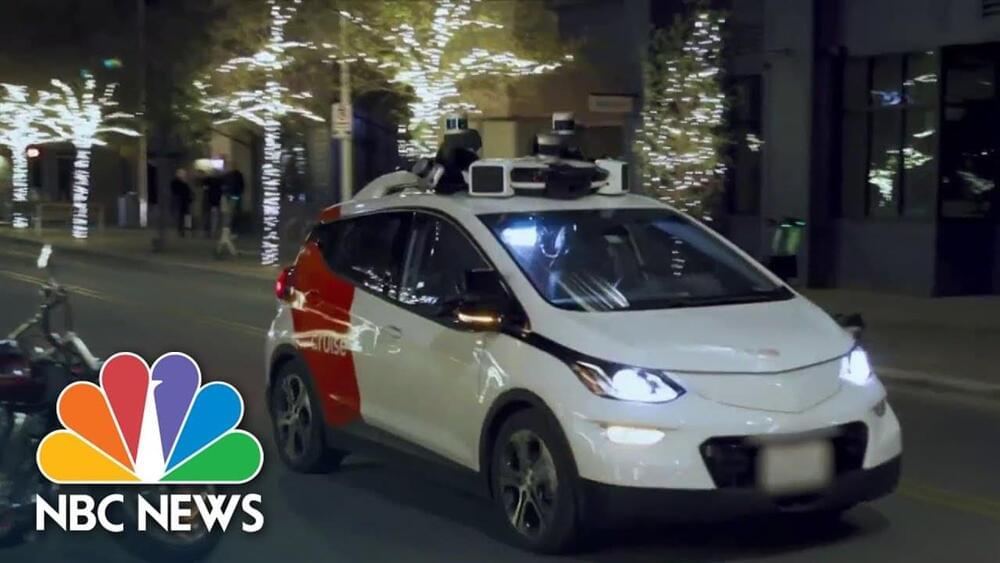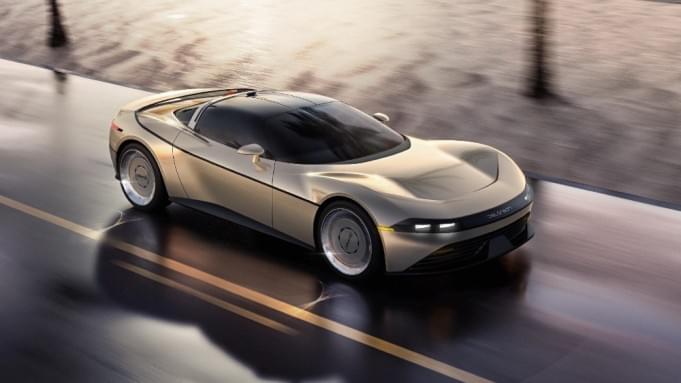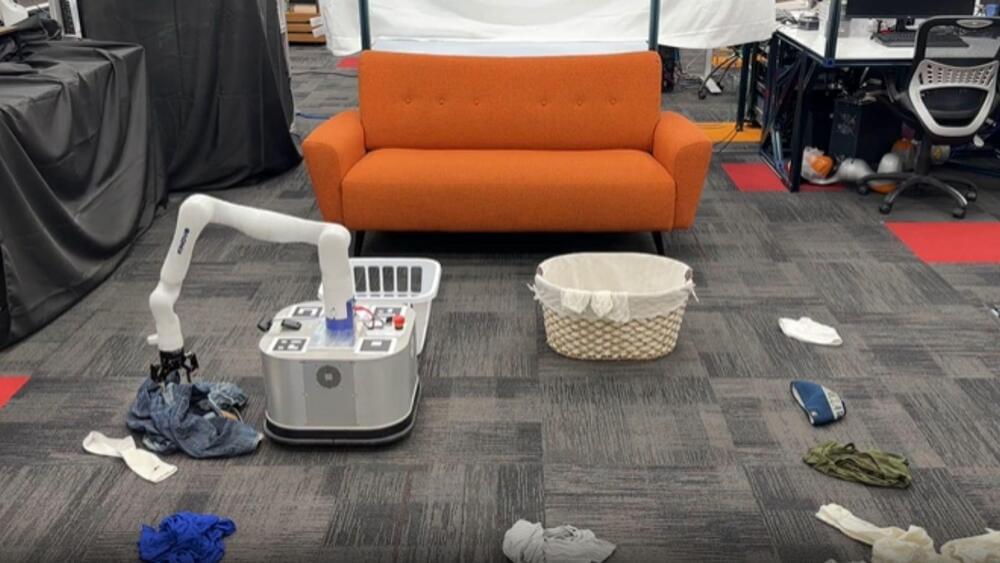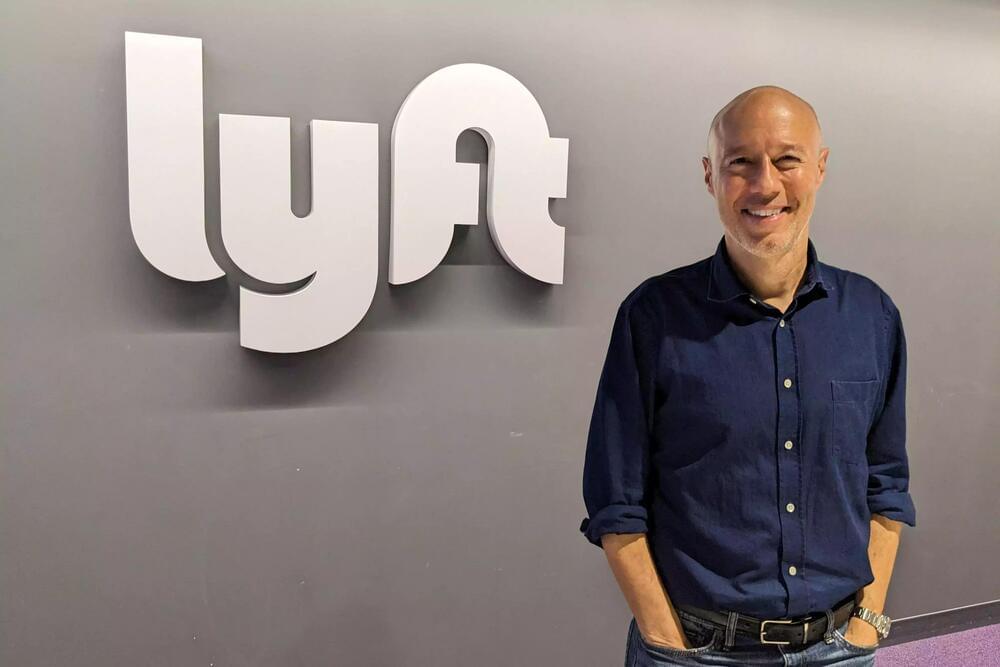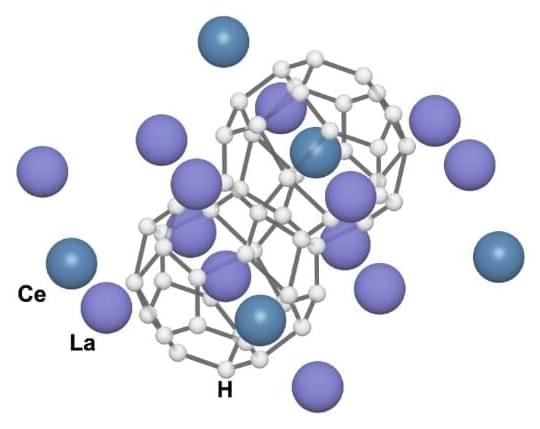
Scientists from Jilin University, the Center for High Pressure Science and Technology Advanced Research, and Skoltech have synthesized lanthanum-cerium polyhydride, a material that promises to facilitate studies of near-room-temperature superconductivity. It offers a compromise between the polyhydrides of lanthanum and cerium in terms of how much cooling and pressure it requires. This enables easier experiments, which might one day lead scientists to compounds that conduct electricity with zero resistance at ambient conditions—an engineering dream many years in the making. The study was published in Nature Communications.
One of the most intriguing unsolved questions in modern physics is: Can we make a material that conducts electricity with zero resistance (superconducts) at room temperature and atmospheric pressure? Such a superconductor would enable power grids with unprecedented efficiency, ultrafast microchips, and electromagnets so powerful they could levitate trains or control fusion reactors.
In their search, scientists are probing multiple classes of materials, slowly nudging up the temperature they superconduct at and decreasing the pressure they require to remain stable. One such group of materials is polyhydrides—compounds with extremely high hydrogen content. At −23°C, the current champion for high-temperature superconductivity is a lanthanum polyhydride with the formula LaH10. The trade-off: It requires the pressure of 1.5 million atmospheres. At the opposite end of the spectrum, cuprates are a class of materials that superconduct under normal atmospheric pressure but require cooler temperatures —no more than −140°.
